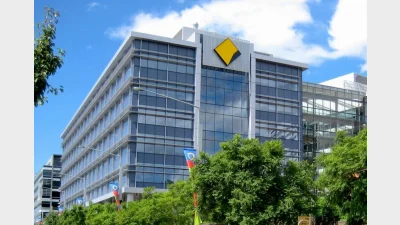Disqualification changes for SMSF trustees



The appointment of a restructuring practitioner could trigger the disqualification of self-managed super fund (SMSF) trustees, thanks to the introduction of a new category of disqualified person in the SIS Act.
Changes were made at the beginning of 2021 to include a new debt restructuring process and simplified liquidation process for eligible small businesses through a restructuring practitioner.
Following this, the SIS Act was also amended in December 2021 to include a new category of disqualified person which could affect SMSFs with corporate trustees.
In an update from the Australian Taxation Office (ATO), it said: “This new category applies when a restructuring practitioner is appointed in an insolvency event. This will trigger the disqualification of a corporate trustee of a superannuation entity, including an SMSF, from managing a superannuation entity.
“If your SMSF has a corporate trustee, and a restructuring practitioner is appointed, the company will no longer be able to act as the corporate trustee, as it is disqualified.”
Existing funds needed to notify the ATO as soon as possible if this was the case.
If a restructuring practitioner was appointed, SMSFs needed to:
- restructure your fund to meet the definition of an SMSF;
- appoint a RSE (registrable superannuation entity) licensee and become a small APRA (Australian Prudential Regulation Authority) fund, or
- voluntarily wind up your SMSF and roll the benefits into an APRA regulated fund.
For new SMSFs, they would need to consider if the corporate trustee was eligible to act as one.
Recommended for you
The US remains a standout destination for innovation and commercialisation, according to MLC Asset Management chief investment officer Dan Farmer.
Hostplus’ MySuper Balanced option delivered significantly stronger returns in 2024–25, bouncing back from the previous year when its cautious stance on listed markets came at a cost to members.
Introducing reforms for strengthening simpler and faster claims handling and better servicing for First Nations members are critical priorities, according to the Super Members Council.
The Commonwealth Bank has warned that uncapped superannuation concessions may be “unsustainable” and has called for the introduction of a superannuation cap.












